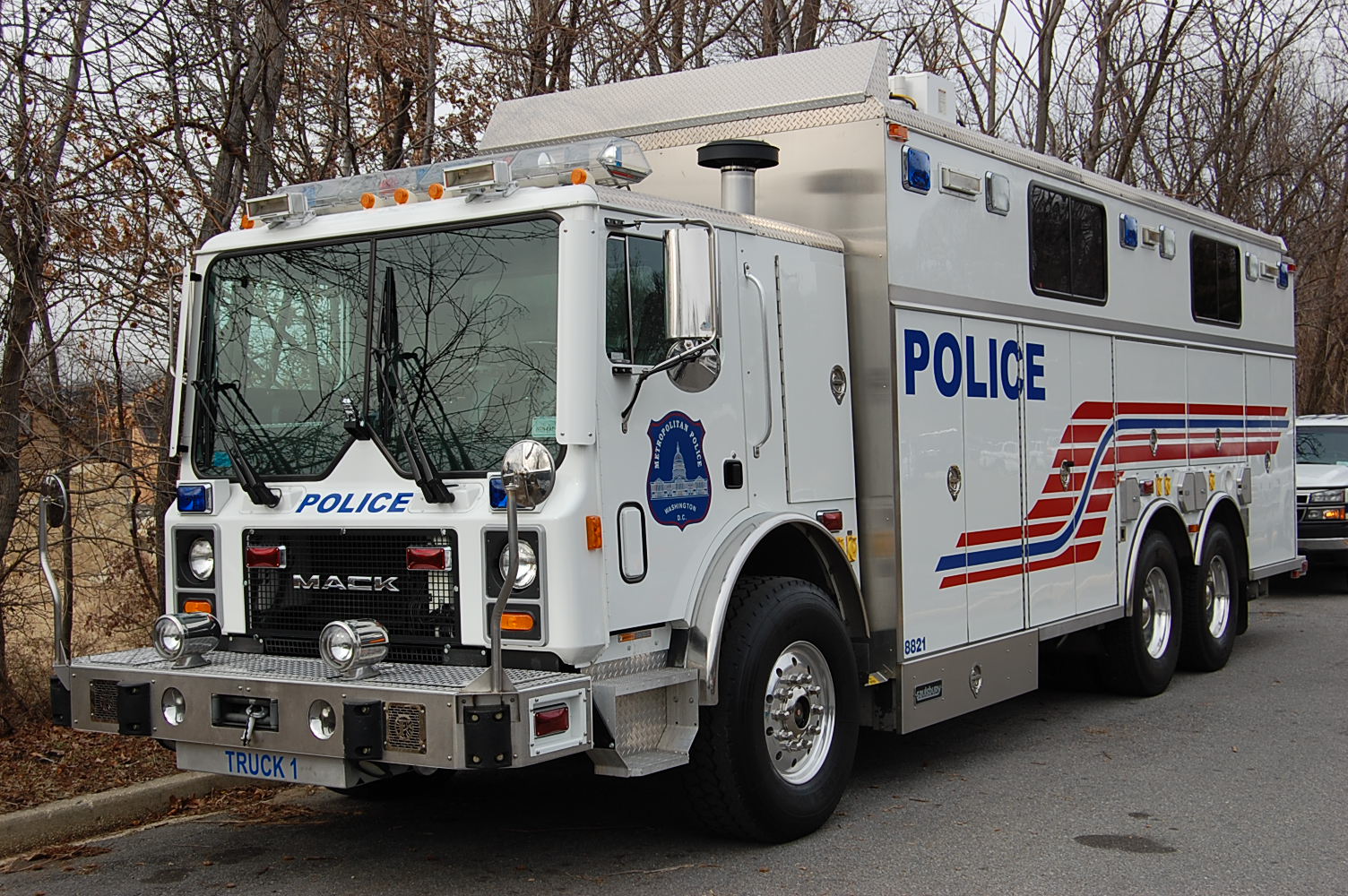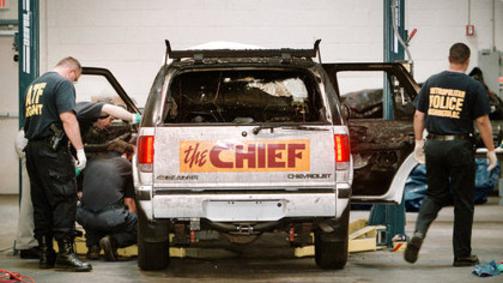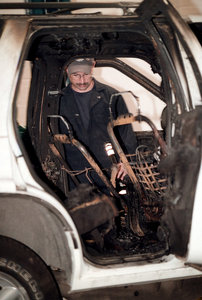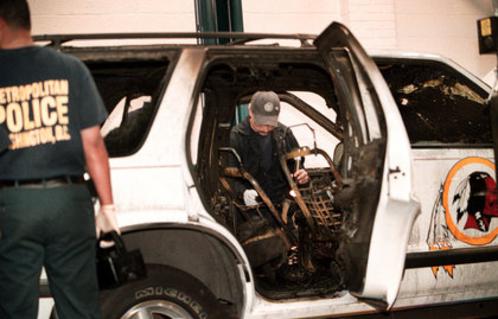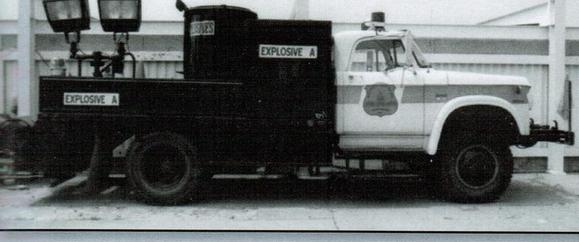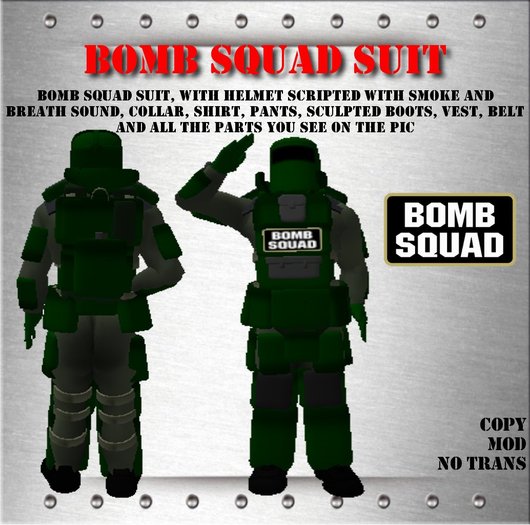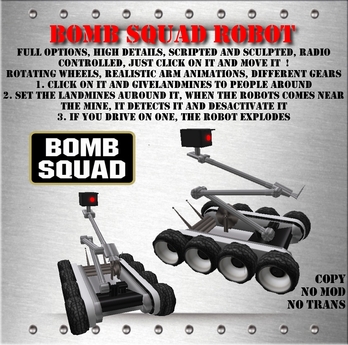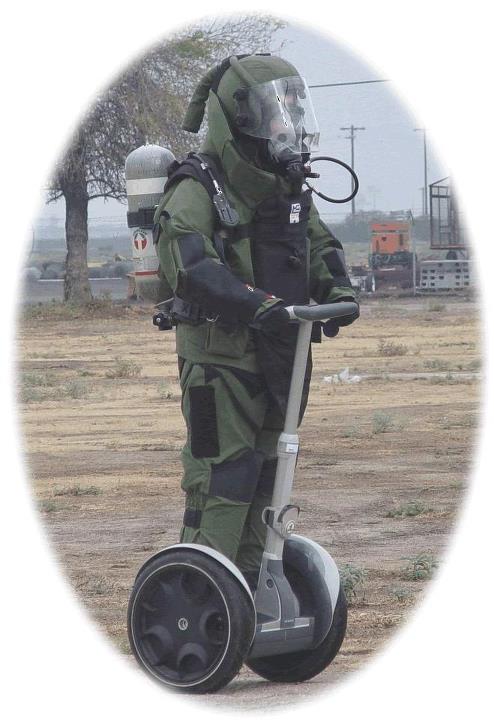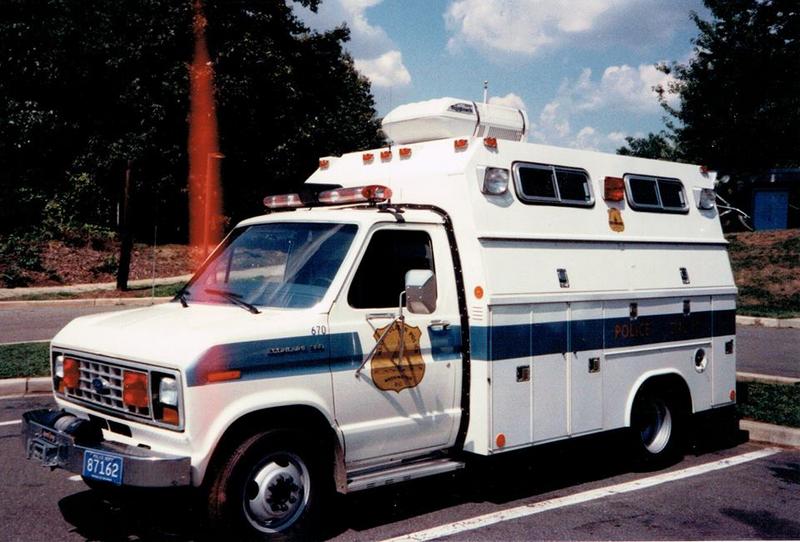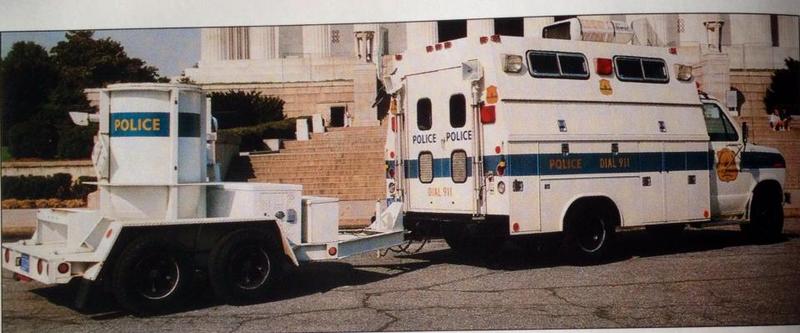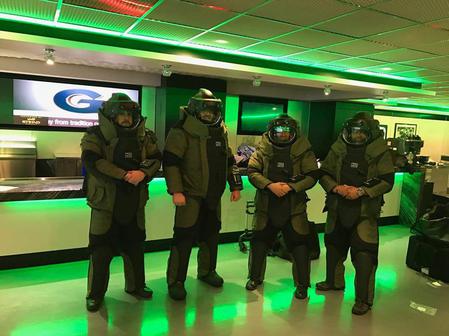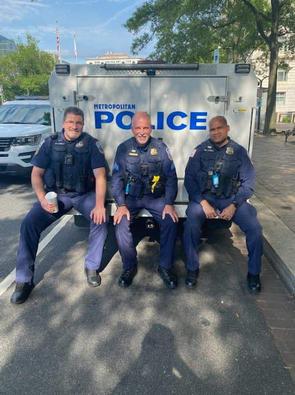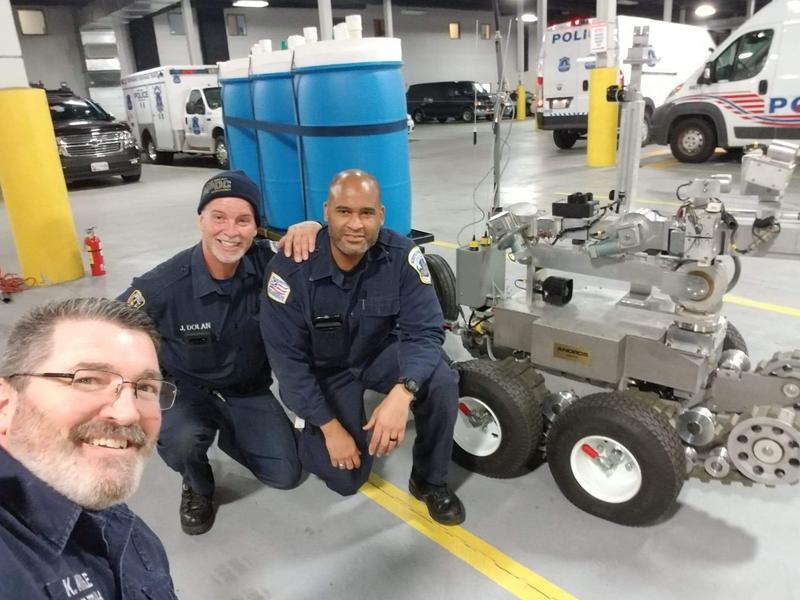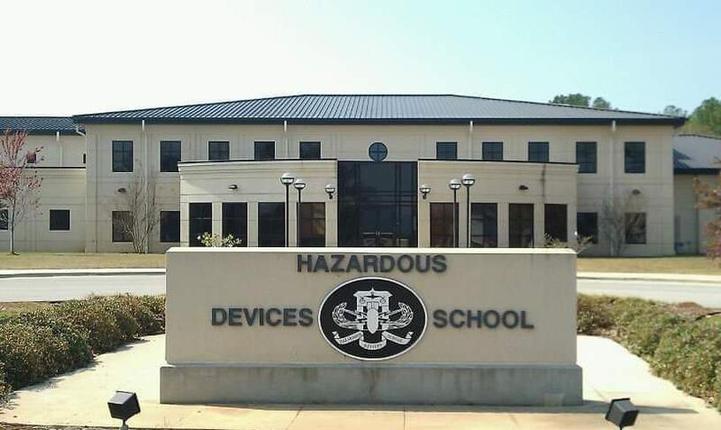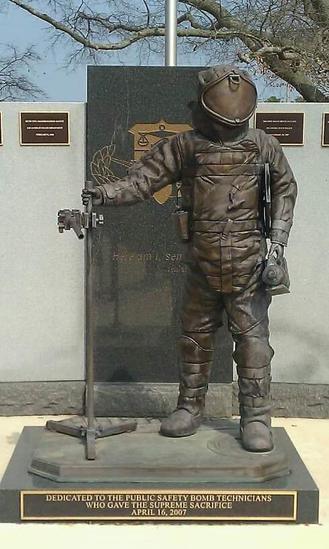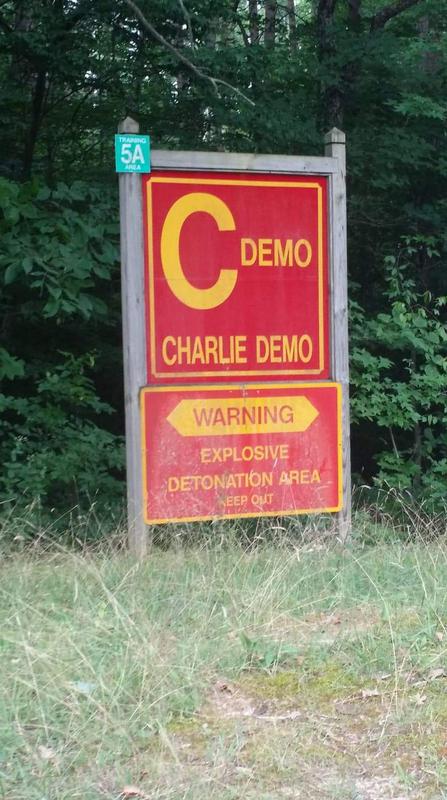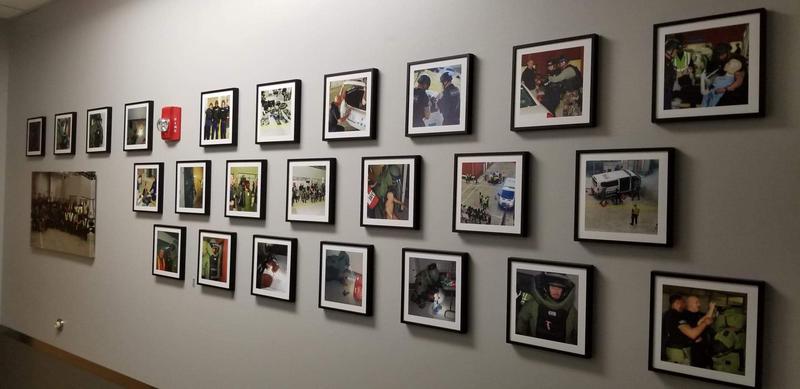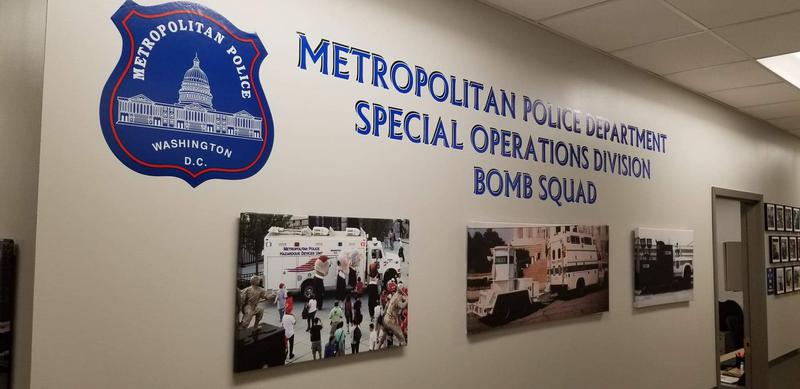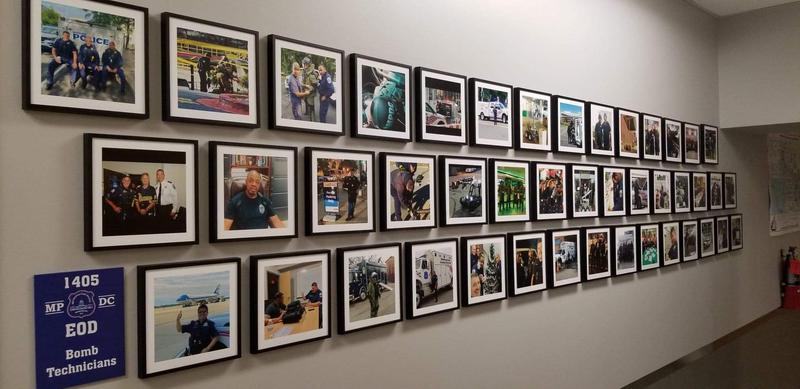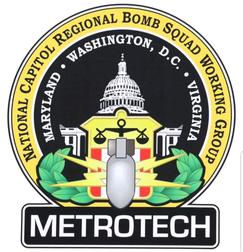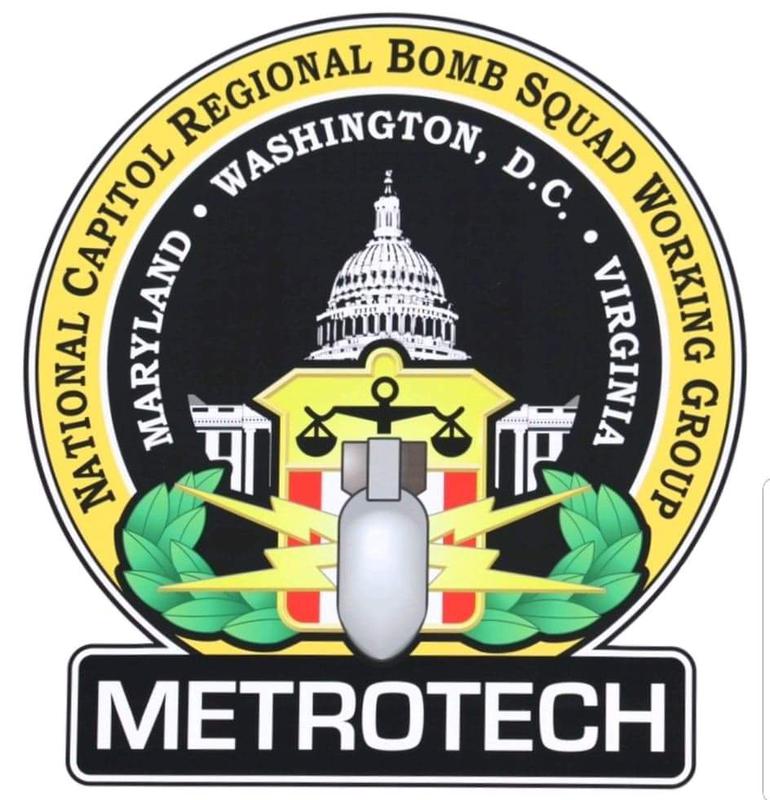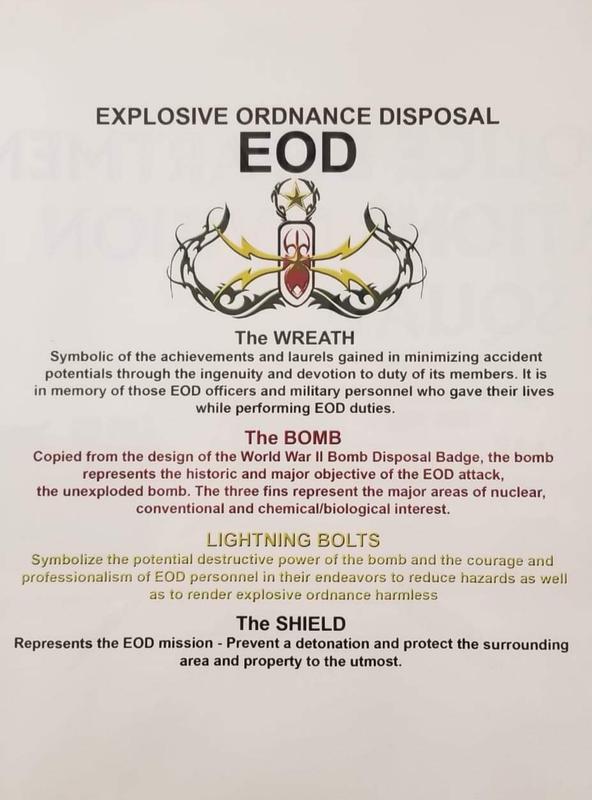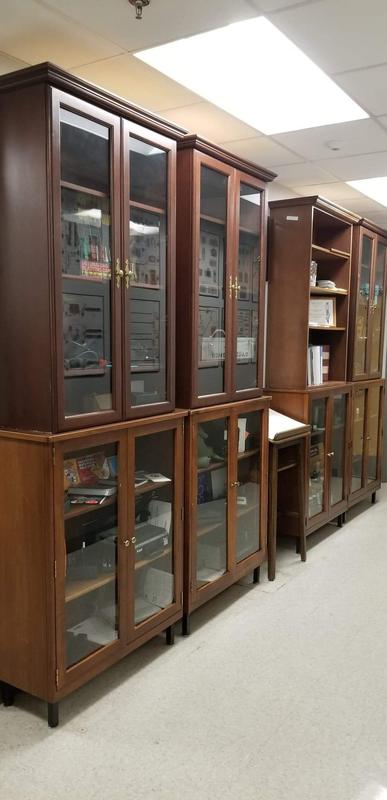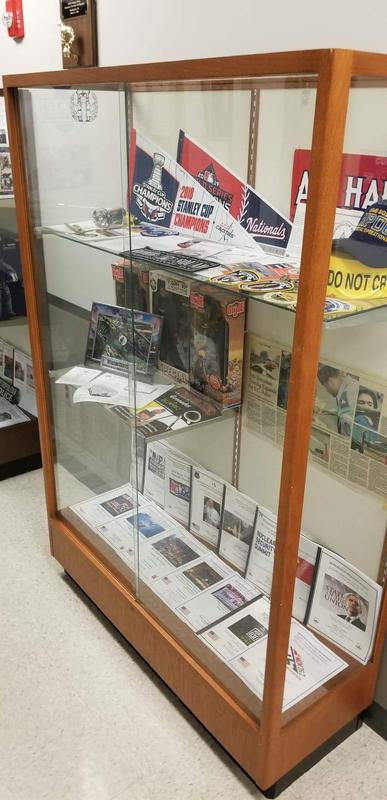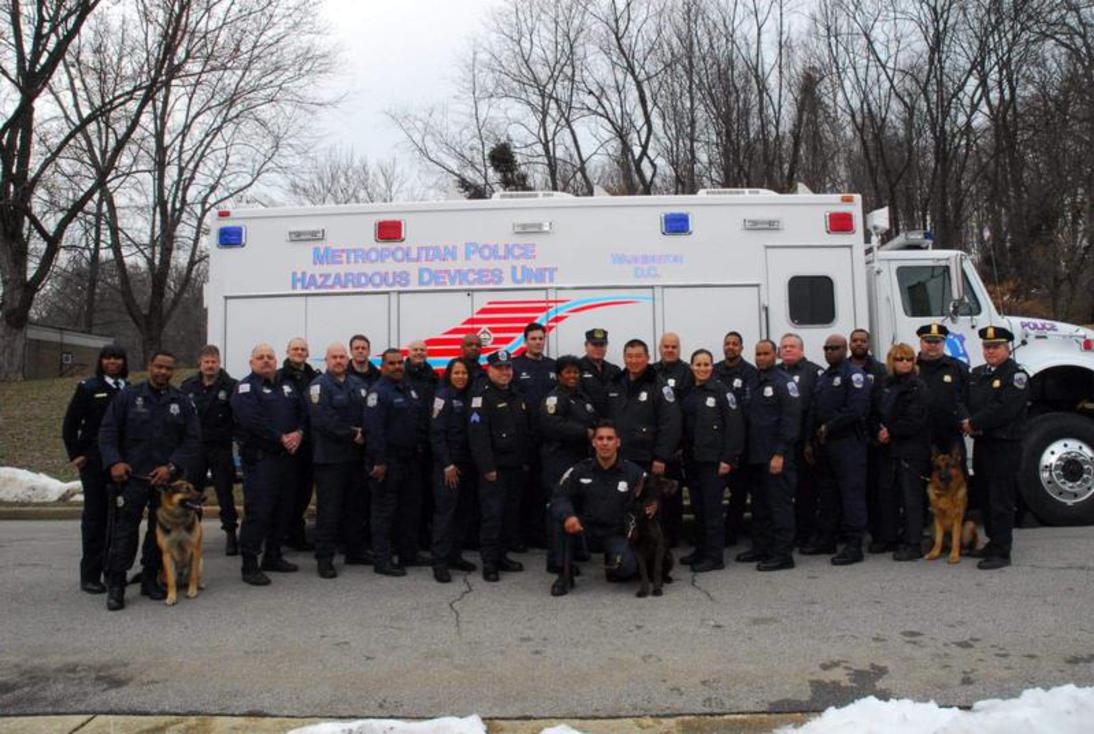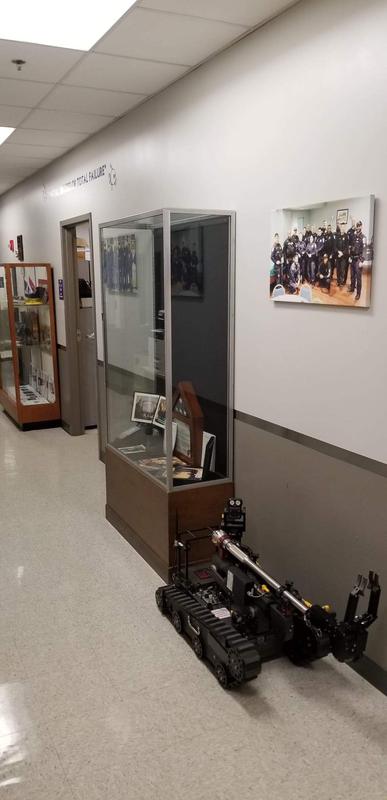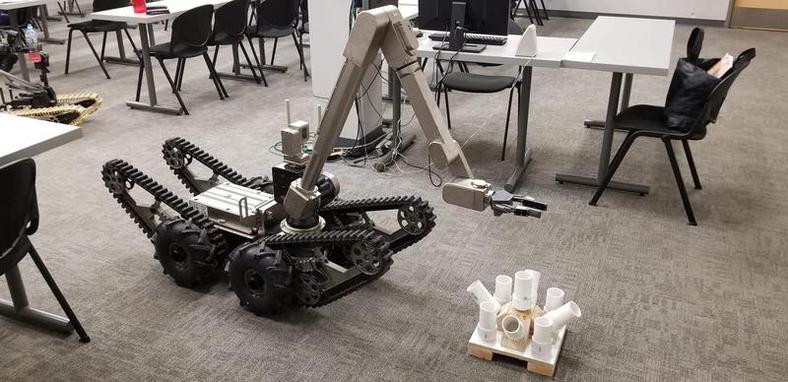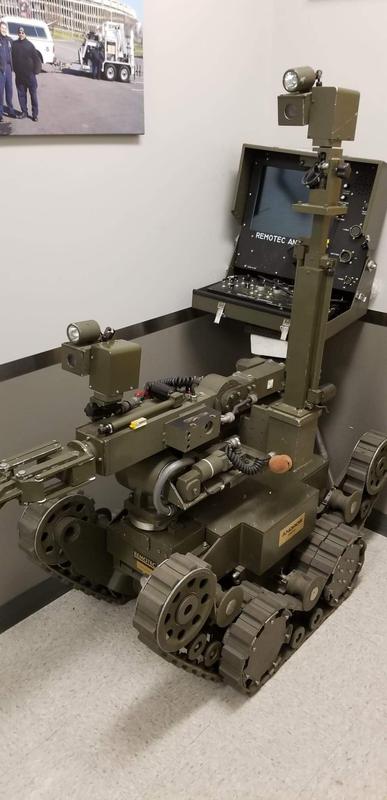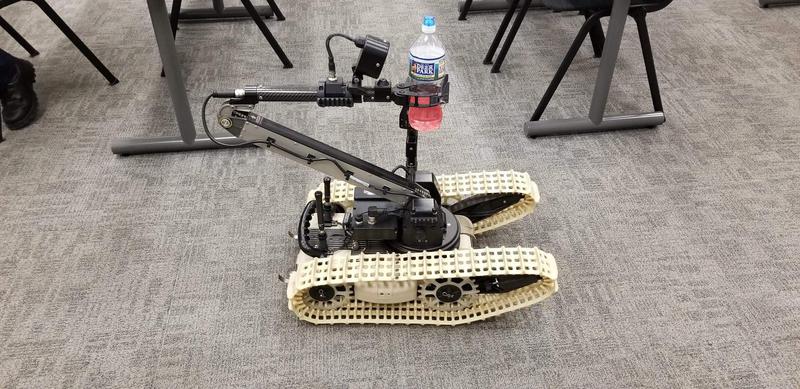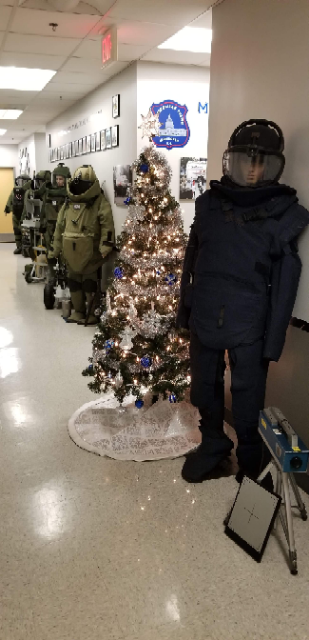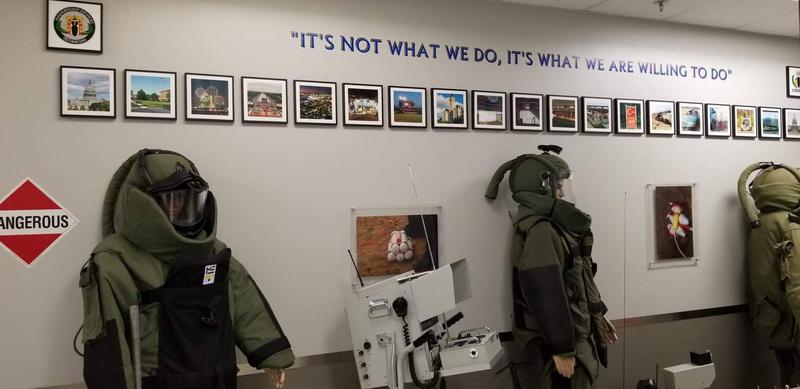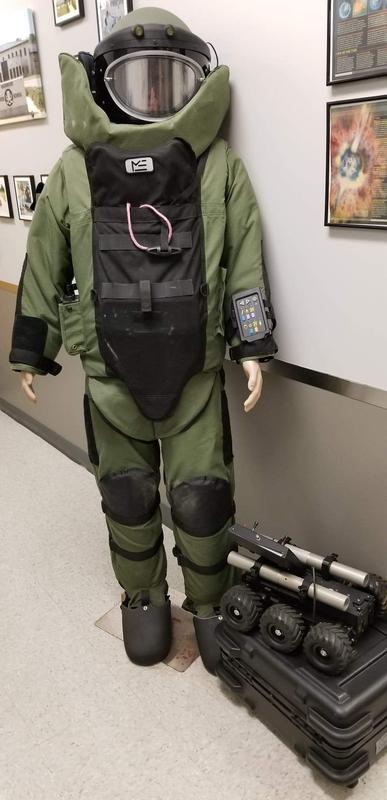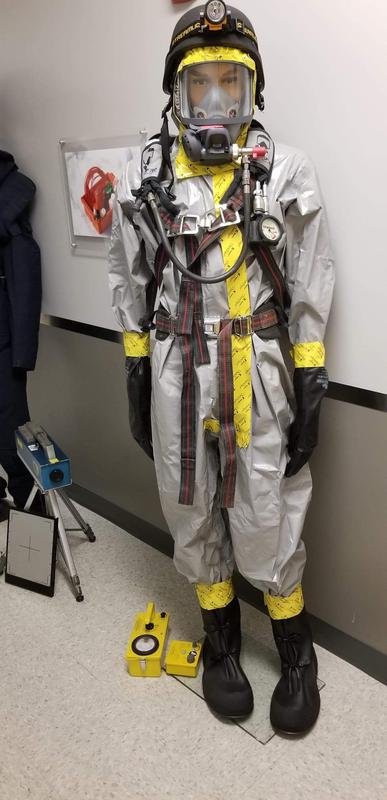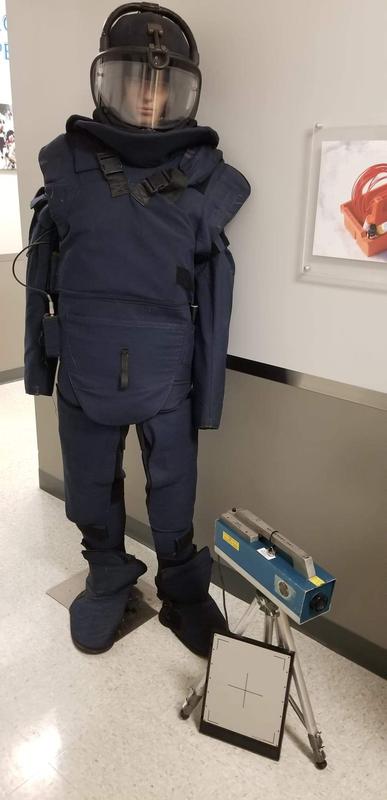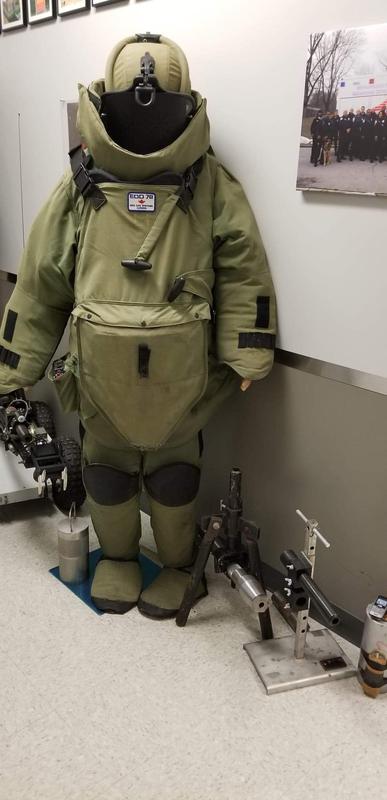Washington D.C. Metropolitan Police Bomb Squad
Selection of a Fracture-Safe Explosives Containment Vessel.
Authors: P. P. Puzak; F. J. Loss; NAVAL RESEARCH LAB WASHINGTON D C Abstract:
Public safety agencies in many large metropolitan cities need a mobile system which is capable of safely transporting 'terrorist-type' bombs from a discovery point to a disposal area. In view of the immediate requirement of such a system by the Government of the District of Columbia, Metropolitan Police Department (DC-MPD), the Naval Research Laboratory has provided an interim solution to this problem by designing and fabricating a prototype explosives containment system. The crucial elements of the system which led to the successful demonstration are an ultrahigh-strength, highly fracture resistant steel pressure vessel held in a specially fabricated support base also made of high-strength, fracture tough steel. Materials for the system were selected and evaluated on the basis of the most advanced metals characterization procedures to ensure fracture-safe performance in this unique application.
10 JAN 1972
(Information provided by Anne Halcombe Clayton, MPDC-Retired)
In 2002 members of the D.C. Metropolitan Bomb Squad Unit inspects a vehicle that had an explosion "inside" the vehicle.
The first M.P.D.C. Bomb Truck was designed and donated to M.P.D.C. by The Naval Research Laboratory (NRL), Washington, D.C., about 1971. NRL had equipment and items, which made NRL feel that it would be good planning for M.P.D.C. to have a bomb truck, in the event some items were stolen, and recovered, or someone decided to plant an explosive device at NRL. The first two M.P.D.C. officers assigned to that truck were Officer Larry Linville, and Sgt. John J. Hawkins, who received their training from the U.S. Army.
Washington D.C. Metropolitan Police
Explosive Ordnance Disposal Unit
BlackSheep Productions Est. 2009
Explosives
Ordnance
Disposal Unit
or
E.O.D.
This is a typical suit and robot used by law Enforcement today.
M.P.D.'s Mark Leone E.O.D.
MPD's first EOD disposal truck around 1972-72
1980's
CpG
P.O. Box 911
Foxborough, Ma.
02035
Below are some awesome photos provided to me by Kristian Kimble who is a member of the E.D.O. unit with the M.P.D.C. Kristian did some great work in recognizing the history of his unique unit that only a very few can say they were / are a member of.
Tools of the trade...
And I thought my duty belt was uncomfortable...
Not something for the light hearted, that's for sure....
HONOR
DEDICATION
DEDICATION
COURAGE
The people that do this job are a unique breed. They do a job that 99.99% of us would never even consider doing. It takes courage and confidence to do this job. Often they do this and never receive the recognition they deserve. They have earned your respect and appreciation. Should you come across one of them be sure to thank them for their dedication in protecting the many.

